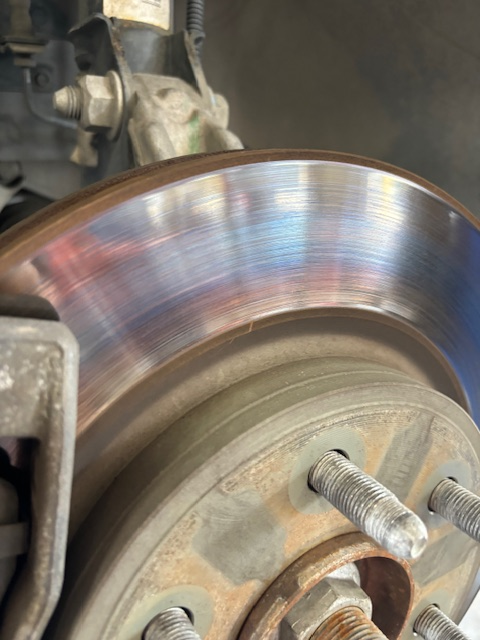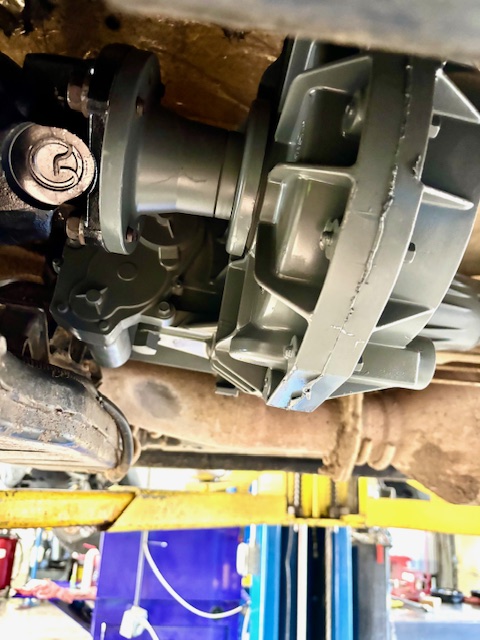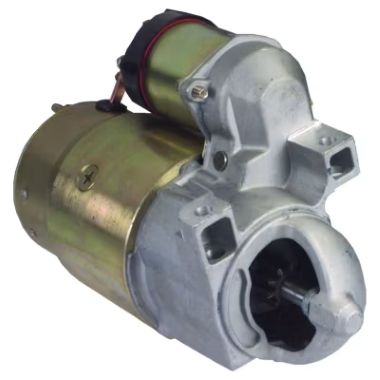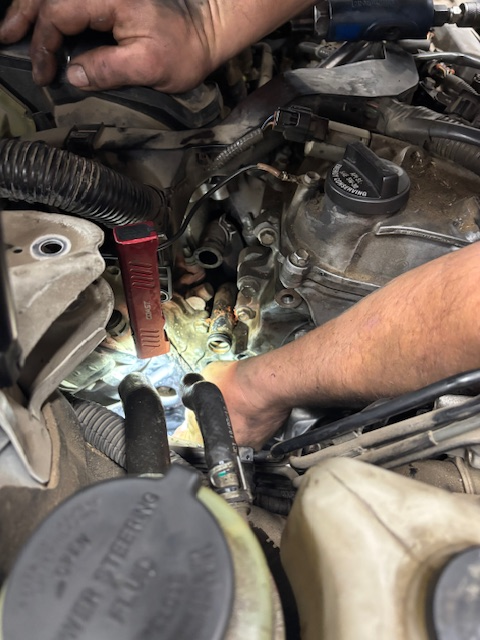Posted on 12/19/2025

Your vehicle’s brake system is one of its most important safety features, and brake rotors play a major role in how well your car stops. When it’s time for a brake service, many drivers ask the same question: Should brake rotors be resurfaced, or do they need to be replaced? The answer depends on their condition, thickness, and overall wear. Let’s break down the difference and help you understand when each option makes sense. https://www.youtube.com/watch?v=qa9qsURR9_E What Do Brake Rotors Do? Brake rotors work with your brake pads to slow and stop your vehicle. When you press the brake pedal, the pads clamp down on the rotors, creating friction. Over time, this friction causes wear, heat stress, and surface imperfections. When Brake Rotors Can Be Resurfaced Resurfacing (also called machining) involves removing a thin layer of metal from t ... read more
Posted on 12/10/2025

Double Cardan Joint Failure: What It Is and What It Can Damage If you drive a 4x4 or a vehicle with a lifted suspension, chances are your driveline uses a double cardan joint—a heavy-duty version of a universal joint (U-joint) designed to reduce vibration and handle steep driveline angles. While these joints are durable, they’re not indestructible, This week we had a 2009 Dodge Ram and this customer find out just how much can be damaged when this joint fails. When a double cardan joint fails, it can cause serious drivability issues and even damage major surrounding components. Here’s a breakdown of what the double cardan joint does, how it fails, and the parts that can be affected when it does. What Is a Double Cardan Joint? A double cardan joint, sometimes called a CV-style U-joint, uses two U-joints and a centering mechanism to keep the driveline operating sm ... read more
Posted on 12/3/2025

If your vehicle seems to hesitate or won’t start like it used to, the culprit might be your starter motor (or a related component in the starting system). The “starter” is the small electric motor + solenoid that spins the engine to get it going. Over time, wear or electrical problems can cause the starter to fail — and catching it early can save you from being stranded, or from more costly damage. Here’s how to tell if your starter is beginning to fail: 🔧 What does the starter do — and why it matters When you turn your key (or push the start button), a small current from your battery activates the starter solenoid (a relay). The solenoid connects the battery’s high current to the starter motor, which spins and engages a gear (pinion) with the engine’s flywheel, turning the engine over so it can start. If the starter — or its solenoid, gears, or electrical connections — fails, the engine may refuse to tur ... read more
Posted on 11/25/2025
In a striking reminder that even well-established automakers can encounter serious and unusual safety defects, Hyundai has announced a recall of 85,043 Sonata sedans in the U.S. because the gas tank “may melt.” What’s happening? The recall covers Sonata models from 2020 through 2023 equipped with the non-hybrid 1.6-litre turbocharged four-cylinder engine. Hybrid powertrains are not included. According to filings with the National Highway Traffic Safety Administration (NHTSA), the root cause is a defect in the purge-control check valve. That valve defect can allow compressed air to go back into the fuel tank (rather than being safely routed), leading to increased tank pressure. The excess pressure can deform the tank, potentially expanding it until it makes contact with hot exhaust components — which in turn can lead to melting or fuel leakage, and thus elevated fire risk. Indicators and current impact ... read more
Posted on 11/19/2025

What Does the Water Pump Do? The water pump is a crucial part of your vehicle’s cooling system, it’s hard to find a car without one. This week, we replaced the water pump on a 2005 Toyota Avalon, which got us thinking: What exactly does the water pump do, and how common are failures? The pump circulates coolant (antifreeze) through the engine block, absorbs heat, then sends that hot coolant to the radiator where it’s cooled and recirculated. If the pump fails or leaks, coolant may not circulate properly, leading to engine overheating. Today, we’ll dive into common Toyota water pump issues, though these problems can occur on all makes and models. Why Does a Toyota’s Water Pump Leak? There are several common causes of water-pump leaks. Here are the main ones: 1. Seal and Gasket Wear or Failure Over time, the shaft seal (which surrounds the impeller shaft) or the mounting gasket can wear out, bec ... read more